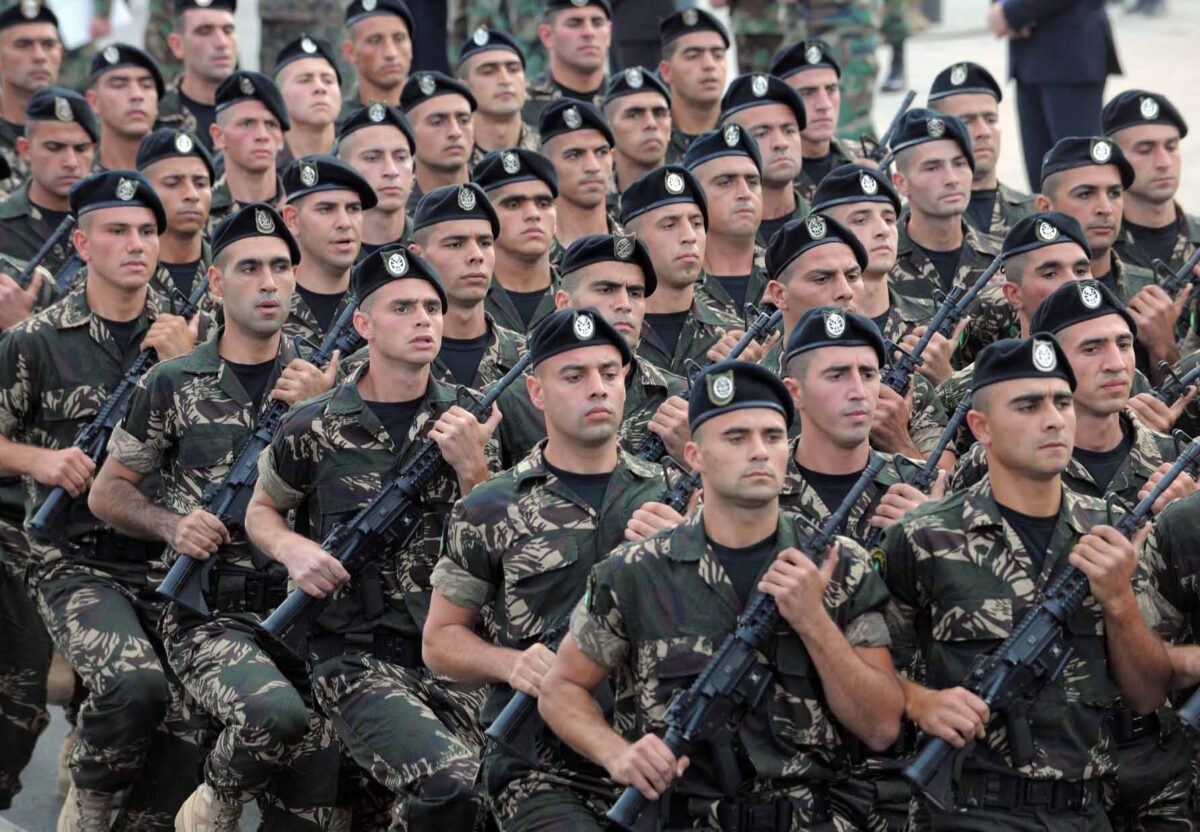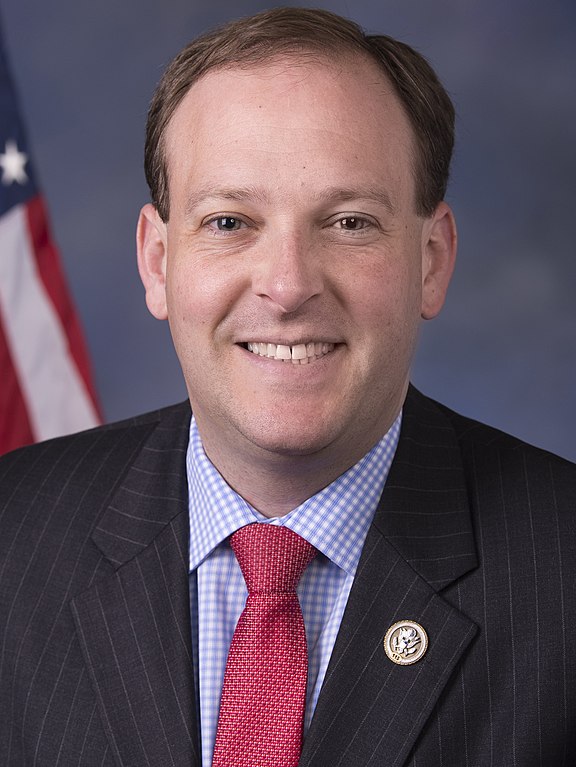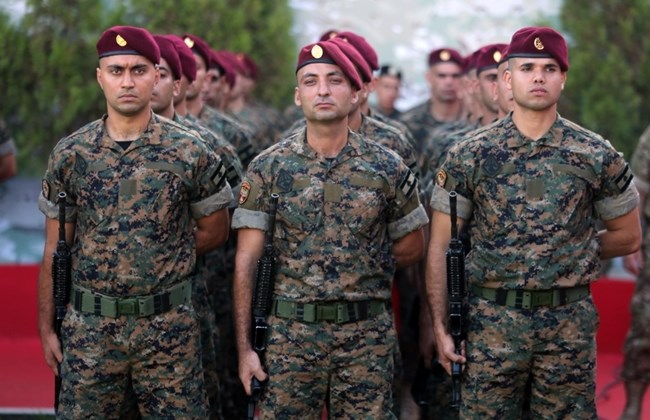“We see Hezbollah as a terrorist organization, and that is why we have worked over the years to strengthen the institutions of the Lebanese state, such as LAF, to ensure there is no felt need in Lebanon to rely on services that Lebanon might receive from Hezbollah,” Nathan Sales, the State Department official in charge of counter-terrorism, said last year.
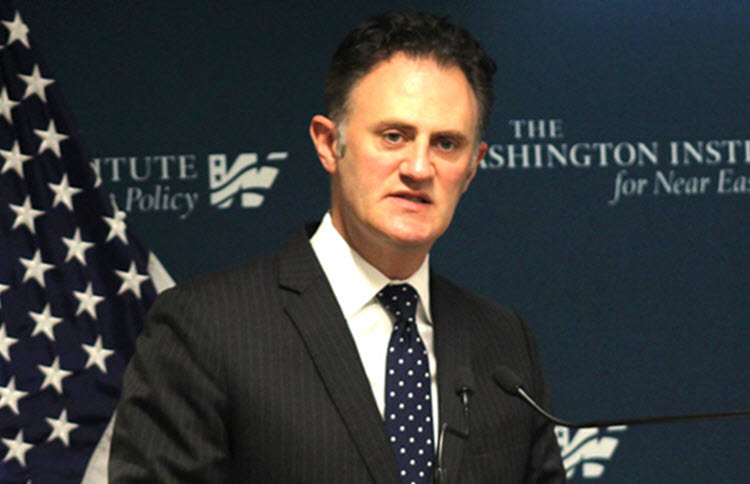
LAF recruits its soldiers, sailors and pilots from all 18 of Lebanon’s officially recognized religious groups, including the majority Shi’a sect, which comprises Hezbollah’s base.
Three years ago, LAF proved itself in the field by conducting a joint operation with Hezbollah near the towns of Baalbek and Al-Qaa that successfully cleared the area of Islamic State operatives. Lebanon thereby became the only Arab country to expel that jihadist organization from its territory without the involvement of U.S. ground or air forces.
LAF, however, has not enforced a United Nations resolution to disarm Hezbollah, which has acquired a formidable arsenal of about 150,000 rockets and missiles, all aimed at Israel. As a result, Hezbollah is the world’s most heavily-armed non-state power.
LAF, too, has not prevented Hezbollah from launching periodic attacks against Israel.
Nor has LAF attempted to shut down Iranian-funded Hezbollah factories converting unguided missiles and rockets into precision-guided projectiles, which could strike essential facilities anywhere in Israel.
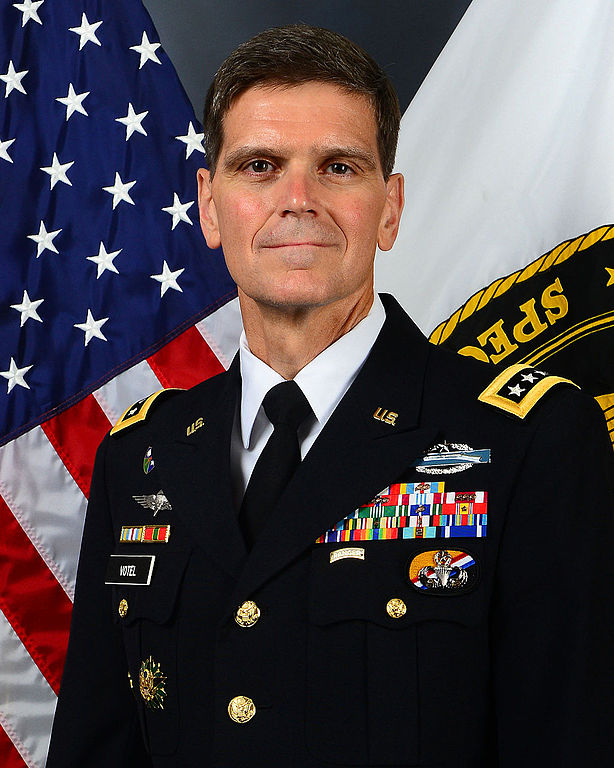
General Joseph Votel, the former commander of the U.S. Central Command, praised LAF as a force capable of conducting counter-terrorism operations and protecting the Lebanese people from internal and external threats. But he acknowledged that LAF has fallen far short of being a counterweight to Hezbollah.
The U.S. assistant Secretary of State of Near Eastern Affairs, David Schenker, echoed his comment. While LAF has “colluded” with Hezbollah, he wrote in a paper, LAF has helped stabilize Lebanon and repel radical Sunni influence.
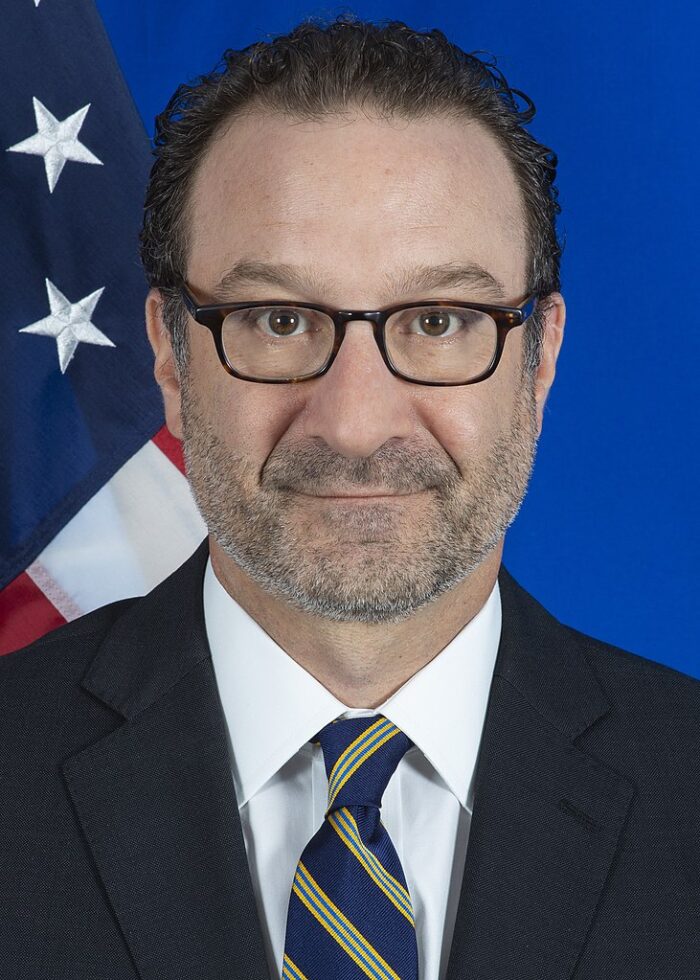
Hezbollah, founded in the wake of Israel’s 1982 invasion of Lebanon, has evolved into a powerful military and political entity which enjoys the backing of most Lebanese Muslims. If LAF attempted to interfere in Hezbollah’s operations, another civil war would almost certainly break out. The last one started in 1975 and ended in 1990 and claimed the lives of 100,000 Muslims and Christians.
It is absolutely true that LAF has failed to challenge Hezbollah, but LAF’s defunding would be contrary to U.S. and Israeli national interests.
Russia and Iran would doubtless try to fill the vacuum should the United States cut off LAF, though France — the former colonial master in Lebanon — might step in. And Hezbollah would grow stronger and bolder, much to Israel’s detriment.
As officially the sole legitimate defender of Lebanon’s sovereignty, LAF plays an integral role in keeping it reasonably stable and safe. But if U.S. aid dries up, LAF would have no alternative but to turn to other suppliers, some of which are hostile to the United States and Israel.
